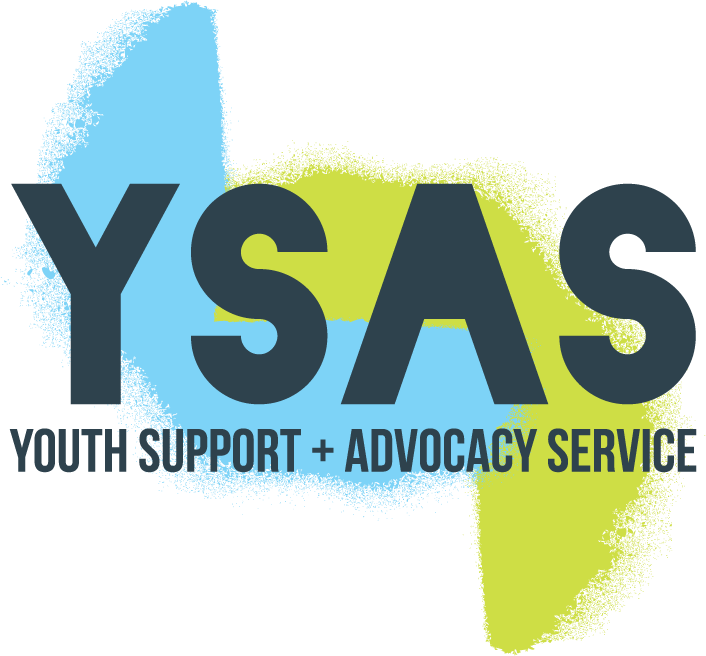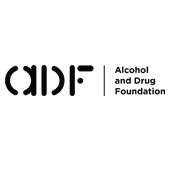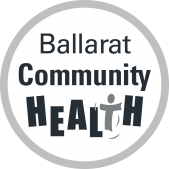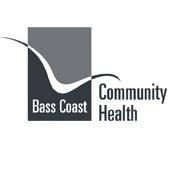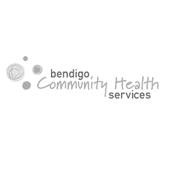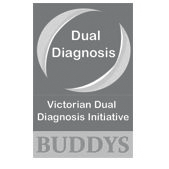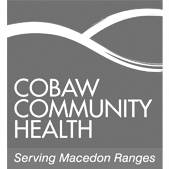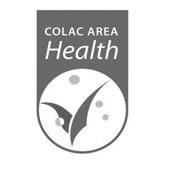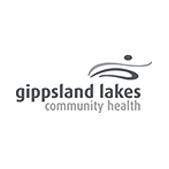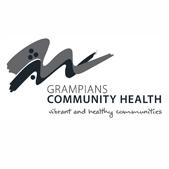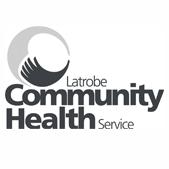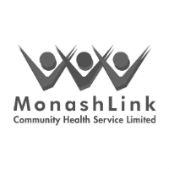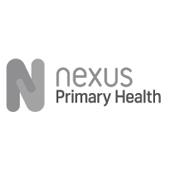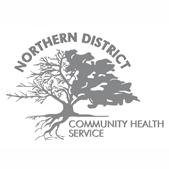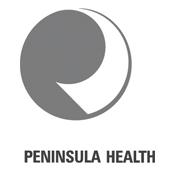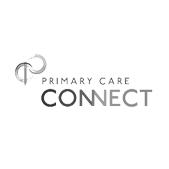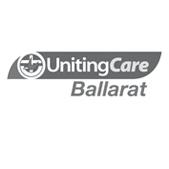Practice
Drug Stats Insight
A new website which provides an insight into drug-related ambulance data has been unveiled.
The Turning Point AmboAODstats website provides comprehensive details about alcohol and other drug-related ambulance attendances across Victoria.
Turning Point Researcher Dr Belinda Lloyd said the website reported key information on alcohol, illicit and pharmaceutical drug harms requiring ambulance care.
Dr Lloyd said the website replaces the annual Ambo Project publication, with AmboAODstats offering a range of features, including interactive mapping. At present, the website contains figures up to mid-2015, with future data to be updated on an annual basis.
“As well as the AOD sector, the website will mean local councils, law enforcement agencies, health services and the broader community will now more readily have access to this important data.”
As it has been with the Ambo Project, Ambulance Victoria has been a key partner with Turning Point in the development of the AmboAODStats website.
Ambulance Victoria Acting Executive Director Emergency Operations Mick Stephenson said call-outs to alcohol and drug-related cases impact significantly by increasing ambulance workload, causing significant and complex health problems and frequently leading to violent and dangerous behaviour directed at paramedics.
“Drinking sensibly and making sure you have plenty of water as well are simple steps to avoid ending up in an ambulance.
“There is no safe way to consume illicit drugs. They are unpredictable in their effects and frequently lead to serious harm and death.”
Ambulance Victoria Manager Research and Evaluation Associate Professor Karen Smith said the data highlighted the unique collaboration between Ambulance Victoria and Turning Point.
“The collaboration allows for the analysis of data on people who may not present to other health services and demonstrates Ambulance Victoria’s commitment to collecting quality patient data, which can be used to inform service planning and improve patient outcomes,” Professor Smith said.
Dr Lloyd said the website will play an important part in an all of community response to addiction issues.
“The data on this website will ensure the AOD sector, government, health agencies, businesses and the general public can gain a better understanding of the addiction issues we are facing, and how to better manage them in the future.”
For more details, visit their website.




